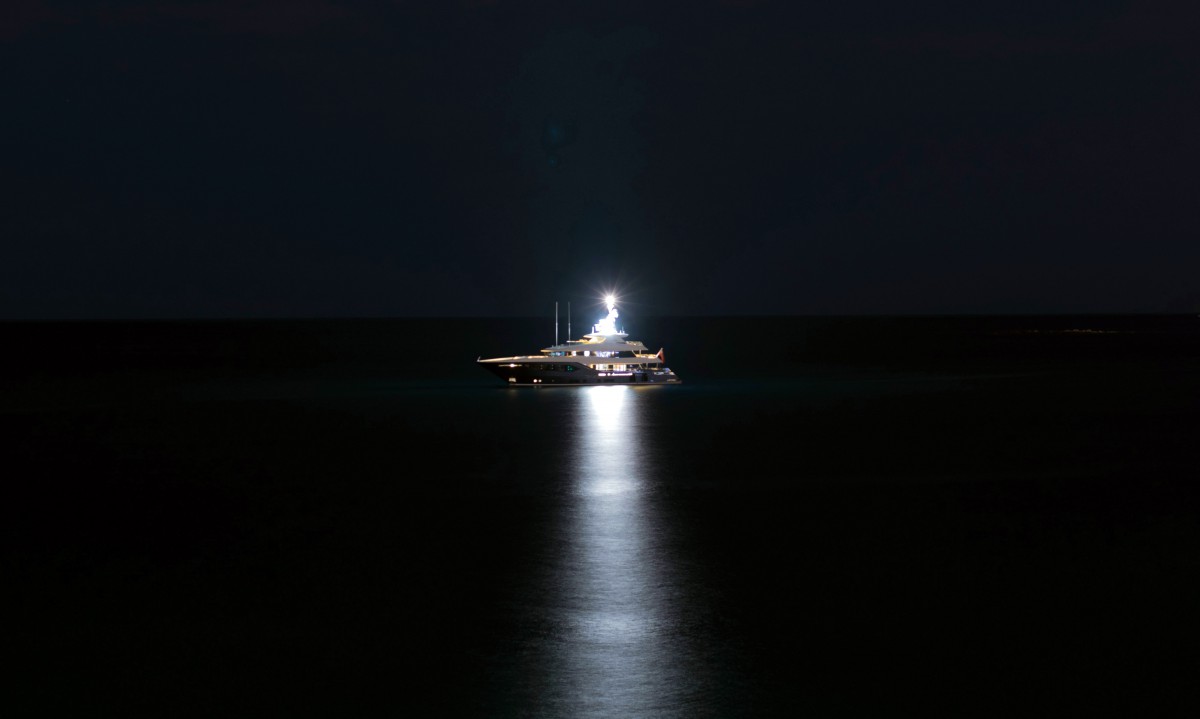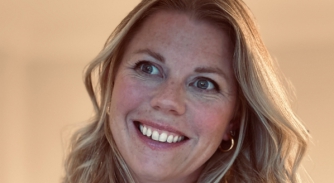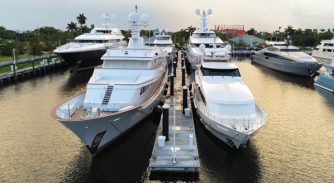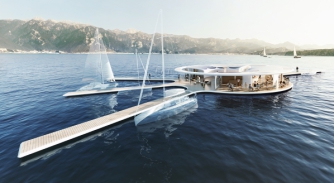Seeing the wider picture
Oscar Siches asks whether too much focus is making us blind…

Focus. Focusing. You find the two related words everywhere, whether the subject discussed is politics, sports, superyachts or the economy. The Oxford dictionary defines the word as “the centre of interest or activity”. Corporations want their executives focused on their strategies to produce the desired results. It works down the hierarchy chain: managers, supervisors, workers – all of them are concentrating on their work centres of interest or activity. Some are going home after work to focus on family life.
We all know that we must, sooner or later, get some relaxation to avoid burn-out from overload, both mentally, emotionally and spiritually, but the brain keeps working at the shower, at the restaurant, at the park and even when sailing. It’s one of the prices of being focused and it’s almost impossible, demanding strong self-control, to disconnect 100 per cent. We create our self-inertia in our teens and depend on that performance addiction that we call responsibility. We want more, we want to be right, and that is a wish that demands effort. Therefore, we focus, eliminate distractions, re-allocate timings and, at the same time while not fully aware of it, start losing contact with who we used to be. We become rather inflexible with times, need to check our agenda for simple matters and discard gatherings or meetings without a specific purpose. And in such a pathway to glory (we think) and ostracism (the probable outcome), we are slowly narrowing our life to a sort of LASER scope, reaching far but without any side effects, the red line going through the air and only illuminating its target with its small dot.
I have no medical qualifications and could be more the subject of a psychologist’s study myself than making an analysis of a fellow human being, but as psychologists are in high demand and expensive, I decide to gamble on the second possibility. I see focused people tending to lose contact with reality. Of course, that is what we, those outsiders belonging to the non-focused flock, perceive when in a work relationship.
In my profession – the design and operation of marinas and yacht harbours – we deal with countless issues that are not related to the hard core of marina operations. Why? Because in the marina business, the usual business – the commercial pursuit of earning money (build, rent, cash, profit) – runs alongside the wish of boaters to be welcomed and enjoy an uncomplicated and pleasant experience with their boats. Their first impressions and the instant impact on their emotional and reasoning systems become our chance of becoming the place they feel comfortable and would like to come back to, their own homeport, and that also includes their boat.
Focusing in excess allows us to move only within a narrow field, whereas a 180-degree vision
makes us understand, or at least realise, the existence of many other influential factors
affecting everything and everybody.
There are some differences in the superyacht design and building business, especially the social level and might of the wealthy, but when it comes to creating their dream boat, the object of future dreams or the tool witnessing their grandeur, the application of pure technology and formulas come second to the feeling with which the future owner leaves the shipyard after signing the contract. Hours with designers, engineers, internal decorators, captains and construction follow-up specialists have polished some sharp edges off the first idea, created new ones and it becomes, probably that only time, his boat.
In these two examples, there cannot be too many focused participants. Why not? Because each step of the creation of a boat, and of the running of a marina, includes and depends on myriad variables which, even if not totally understood, cannot be kept away by any member of the team. That’s where the focused types start missing the complexity of the project.
Raw knowledge is important but knowing the person means knowing what can be asked of them, their limitations and sometimes even the cause of such limitations. Knowing the pressures suppliers are under, the importance of weather conditions, the socio-economical situations, the general ambience at the office, all of it will affect the application of formulas, protocols and directives. Focusing in excess allows us to move only within a narrow field, whereas a 180-degree vision makes us understand, or at least realise, the existence of many other influential factors affecting everything and everybody.
Adapting as much as possible to the wider view makes the connection and mutual dependency of all team members grow, and such growth benefits efficiency, tailoring tasks to people’s capabilities. Success and efficiency are the result of balancing many factors including, among others, knowledge, work, family (or just fun), social life and leisure activities (I do not include the gym because it could turn against me).
In conclusion, the narrow vision of extreme focusing can make us blind to the parts of life that are necessary to succeed.
As an open-source platform we offer an industry-wide invitation to anyone and everyone in our sector to share their knowledge, experience and opinions. So if you have an interesting and valuable contribution to make, and would like to join our growing community of guest columnists, share your ideas with us at newsdesk@thesuperyachtgroup.com
NEW: Sign up for SuperyachtNewsweek!
Get the latest weekly news, in-depth reports, intelligence, and strategic insights, delivered directly from The Superyacht Group's editors and market analysts.
Stay at the forefront of the superyacht industry with SuperyachtNewsweek
Click here to become part of The Superyacht Group community, and join us in our mission to make this industry accessible to all, and prosperous for the long-term. We are offering access to the superyacht industry’s most comprehensive and longstanding archive of business-critical information, as well as a comprehensive, real-time superyacht fleet database, for just £10 per month, because we are One Industry with One Mission. Sign up here.
Related news

Crew spend their whole careers trying to come ashore … why I went the other way
Emily Beck, Director at The Build Purser, explains the vital role of purser and her decision to move from an onshore position to one at sea
Crew

Are private equity firms eyeing marina sell-offs?
Private equity owners are reportedly looking to cash in on rapidly rising marina valuations, as the order book expands and berth scarcity intensifies
Business

Related news
Are private equity firms eyeing marina sell-offs?
5 months ago
The Lotus position
8 months ago
NEW: Sign up for
SuperyachtNewsweek!
Get the latest weekly news, in-depth reports, intelligence, and strategic insights, delivered directly from The Superyacht Group's editors and market analysts.
Stay at the forefront of the superyacht industry with SuperyachtNewsweek



